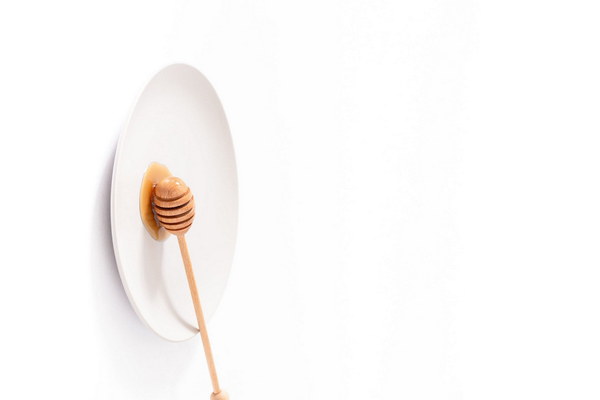Is It Safe to Take Diuretics During Menstruation
Introduction:

Menstruation is a natural biological process that affects millions of women worldwide. It is often accompanied by various symptoms, including bloating, cramps, and fatigue. In some cases, women may experience symptoms related to dampness or excess fluid retention, leading them to consider taking diuretics. The question arises: Is it safe to take diuretics during menstruation? In this article, we will explore the topic and provide insights into the potential risks and benefits of using diuretics during this time.
Understanding Diuretics:
Diuretics are medications that increase urine production, helping to remove excess fluid and salt from the body. They are commonly used to treat conditions such as high blood pressure, heart failure, and kidney disorders. Diuretics work by blocking the reabsorption of sodium and water in the kidneys, leading to increased urine output.
The Role of Dampness in Menstruation:
In traditional Chinese medicine, dampness is considered a common cause of menstrual symptoms such as bloating, fatigue, and weight gain. Some women may turn to diuretics, hoping to alleviate these symptoms. However, it is important to note that the concept of dampness is not scientifically proven, and its treatment with diuretics should be approached with caution.
Potential Risks of Taking Diuretics During Menstruation:
1. Dehydration: Diuretics can increase urine production, leading to dehydration. This can exacerbate menstrual symptoms such as cramps, fatigue, and mood swings.
2. Electrolyte Imbalance: Diuretics can disrupt the balance of electrolytes in the body, including sodium, potassium, and magnesium. An imbalance can lead to symptoms such as muscle weakness, dizziness, and irregular heartbeat.
3. Hormonal Imbalance: Some diuretics may interfere with hormonal regulation, potentially affecting menstrual cycle and fertility.
4. Increased Risk of Urinary Tract Infections: Diuretics can weaken the immune system, making women more susceptible to urinary tract infections.
Benefits of Taking Diuretics During Menstruation:
While the benefits of taking diuretics during menstruation are not well-documented, some women may find relief from certain symptoms:
1. Reduced Bloating: Diuretics can help reduce bloating by removing excess fluid from the body.
2. Improved Energy Levels: By eliminating excess fluid, diuretics may help improve energy levels and reduce fatigue.
Alternative Approaches:
Instead of relying on diuretics, consider the following alternative approaches to alleviate menstrual symptoms:
1. Diet: Avoid foods that are high in sodium and sugar, as they can exacerbate bloating and other symptoms.
2. Hydration: Drink plenty of water to stay hydrated and support kidney function.
3. Exercise: Regular physical activity can help reduce bloating and improve overall well-being.
4. Heat Therapy: Applying a heating pad to the lower abdomen can help alleviate cramps and reduce pain.
5. Over-the-counter Medications: Nonsteroidal anti-inflammatory drugs (NSAIDs) such as ibuprofen can help manage menstrual cramps and pain.
Conclusion:
In conclusion, while some women may consider taking diuretics during menstruation to alleviate symptoms related to dampness or fluid retention, it is important to weigh the potential risks and benefits. Diuretics can cause dehydration, electrolyte imbalances, and other adverse effects. It is advisable to consult with a healthcare professional before starting any new medication, especially during menstruation. Instead of relying on diuretics, consider alternative approaches such as diet, hydration, exercise, and over-the-counter medications to manage menstrual symptoms.









